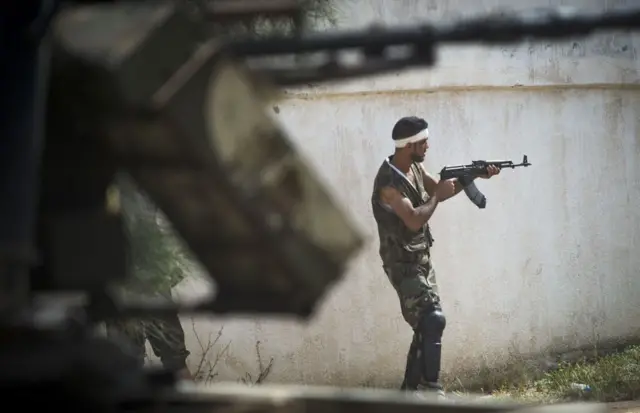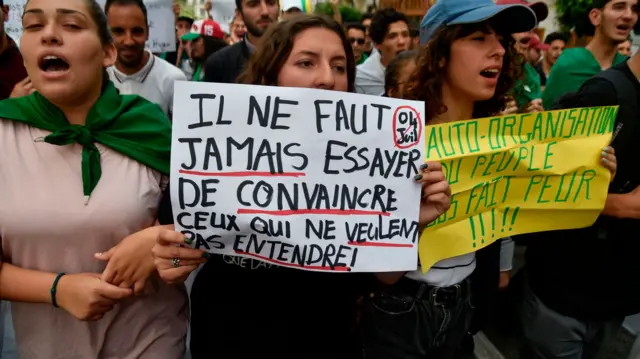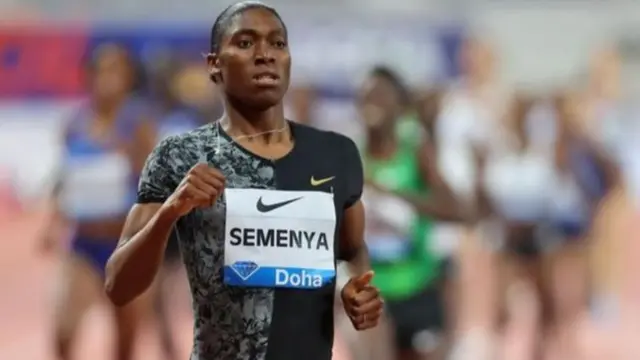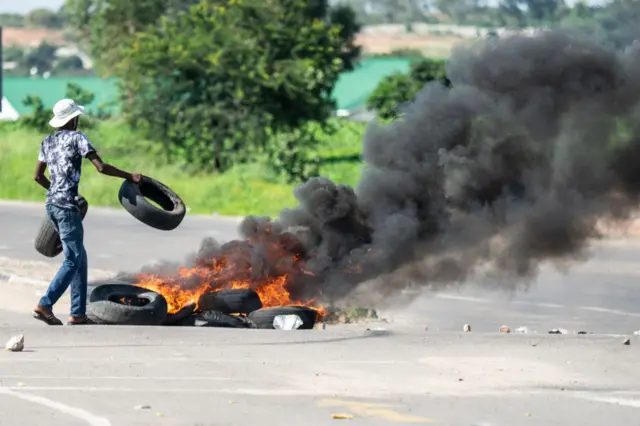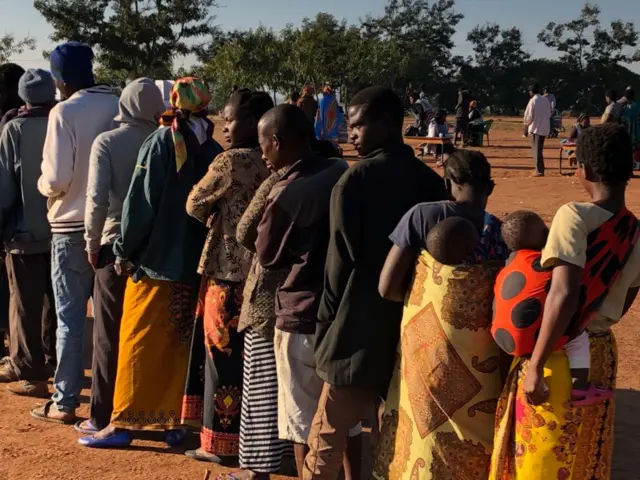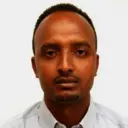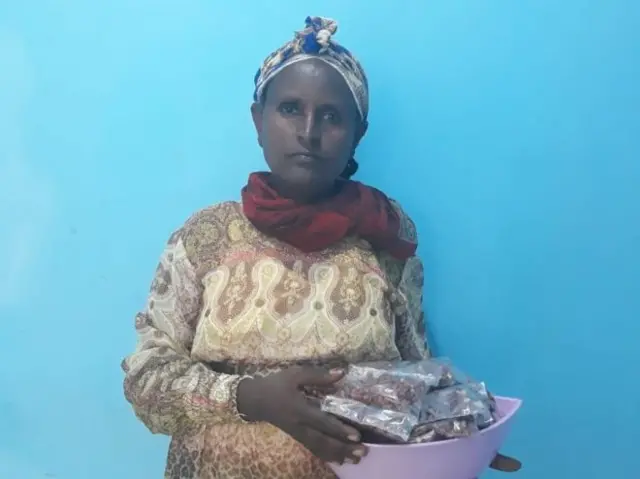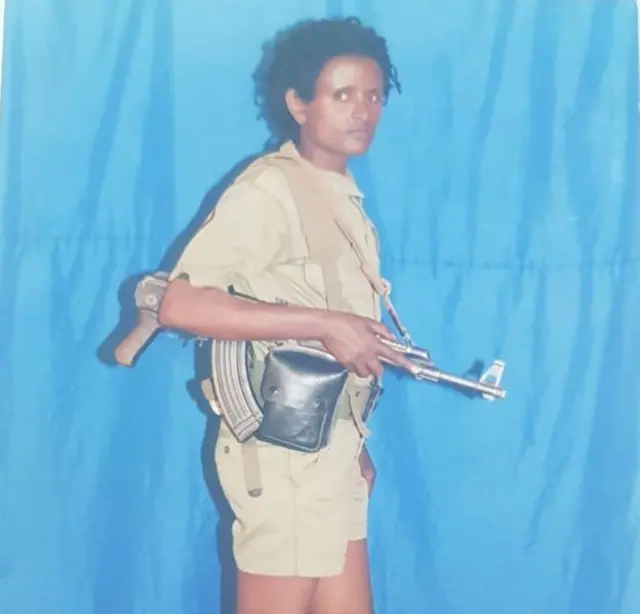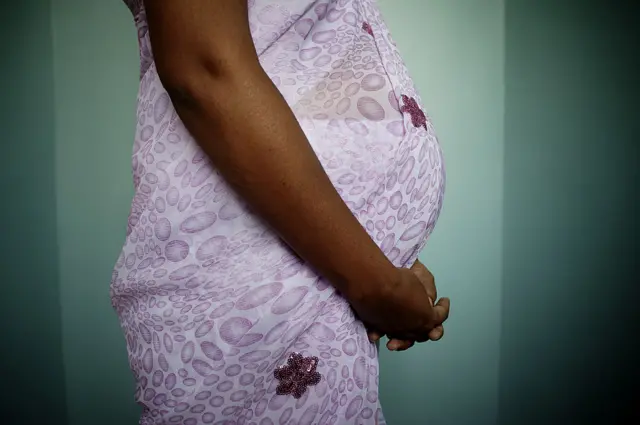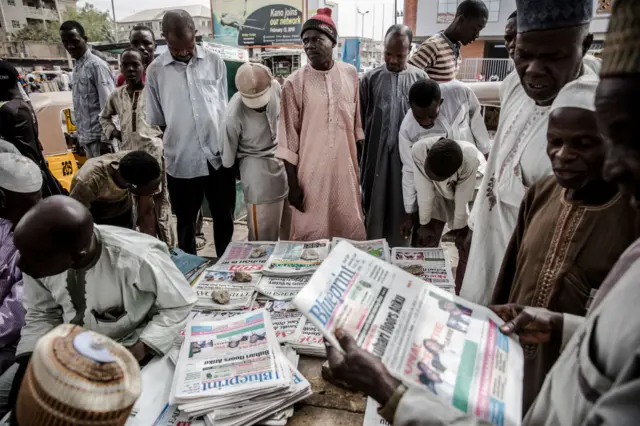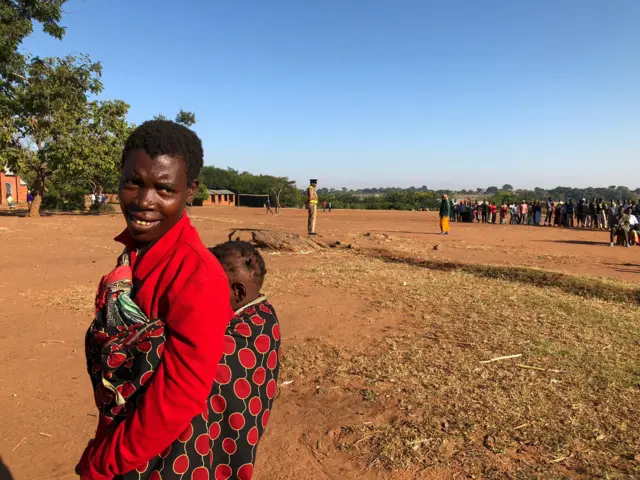Guards block police from arresting Sudan's ex-spy bosspublished at 17:15 BST 21 May 2019
 BBC World Service
BBC World Service
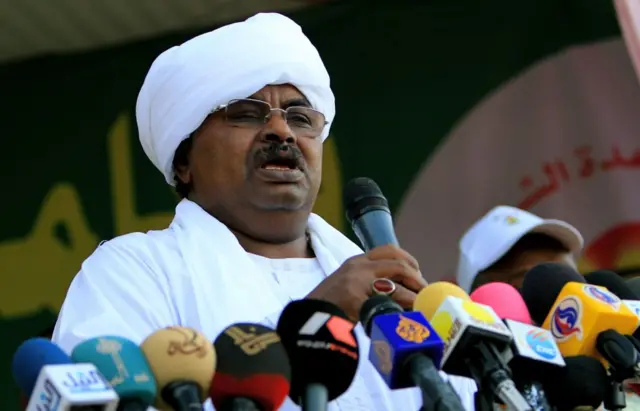 Image source, AFP
Image source, AFPProsecutors in Sudan say security guards at the residence of the former intelligence chief, Salah Ghosh, have prevented police from arresting him.
They say they were denied entry, despite having an arrest warrant issued by the anti-corruption authorities.
Mr Ghosh resigned as head of the Sudanese National Intelligence and Security Service shortly after the army ousted President Omar al-Bashir last month.
The agency is accused of killing dozens of people and injuring many more while trying to suppress anti-government protests.
